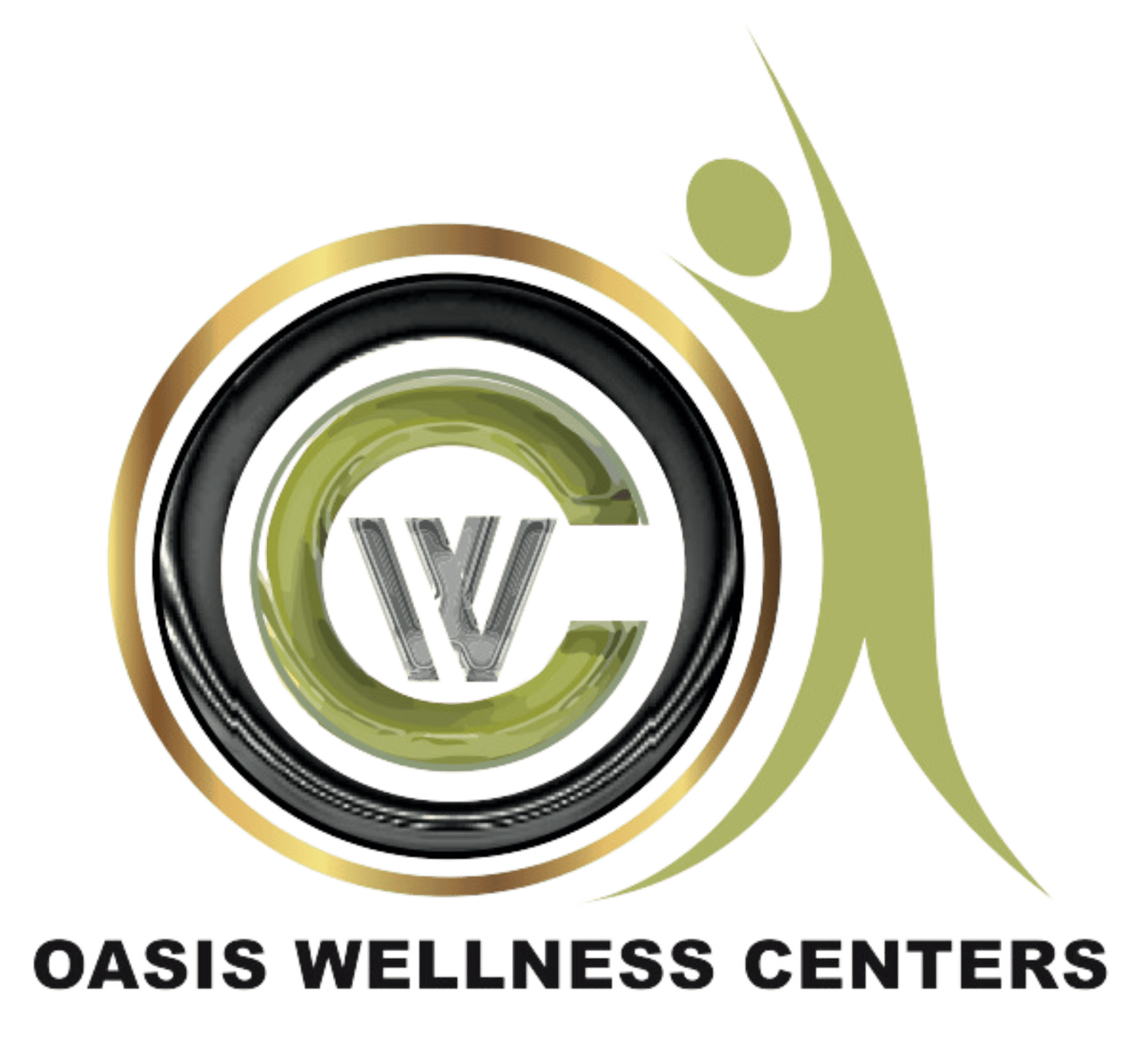Welcome back to our empowering journey in the "52 Weeks of Holistic Trauma Recovery." I’m Wellness Coach Liz Blanding, and it’s always a pleasure to build with you on this transformative path. This week, I'm thrilled to introduce a deeply enriching topic: Nature Therapy; How the Outdoors Helps in Recovery.
In today's installment, we'll explore how immersing ourselves in the natural world can significantly aid in the recovery process, offering not just solace but profound recovery.
Whether it's the rustling leaves, the crisp air, or the serene landscapes, nature has a unique way of unwinding our stress and mending our minds and bodies.
For support on your journey to recovery schedule your free 20 minute discovery support session today.
As we prepare to delve deeper into Nature Therapy , I highly recommend incorporating The Get Trauma Informed Podcast into your support system. Listening to discussions and insights on trauma recovery can enrich your understanding and introduce you to perspectives and strategies that may resonate with your journey. Podcasts like this can be a powerful source of solace, education, and empowerment, offering voices of experience and expertise that align with the holistic approach we're embracing.
I am excited to walk with you into the science behind nature therapy. We will discover its various forms, hear from those who have walked this path to recovery as you tune into the Get Trauma Informed Podcast, and you will learn how we can incorporate these practices into our recovery regimen.
So, take a deep breath of fresh air, and let’s step into the recovery power of the great outdoors.
This therapy is not only a refuge from the everyday grind of life but a profound resource for physical and emotional realignment. Here are some specific ways nature therapy can aid recovery:
There are many psychological benefits which include the following:
- Stress Reduction: Multiple studies have shown that spending time in nature can lower cortisol levels, the body’s stress hormone. Natural environments promote calmness and reduce anxiety.
- Enhanced Mood: Activities in green spaces can increase serotonin levels, often referred to as the happiness hormone, which can alleviate symptoms of depression.
- Improved Focus and Cognitive Function: Nature has a restorative effect on attention, reducing mental fatigue and helping to sharpen focus and cognitive abilities.
There are also may physiological benefits which include:
- Lower Blood Pressure: Regular exposure to natural environments like parks and forests has been linked to reduced blood pressure and heart rate, contributing to overall cardiovascular health.
- Immune System Support: Being in nature increases the production of white blood cells, helping the body fight off infections and diseases more effectively.
- Increased Energy Levels: The fresh air and natural light can boost energy levels, improving physical health and vitality.
There are also may emotional benefits:
- Connection and Belonging: Nature helps individuals feel a sense of connection to the world around them, reducing feelings of loneliness and isolation.
- Reflection and Restoration: Natural settings provide a quiet space for reflection, allowing individuals to process emotions and experiences, which is crucial for trauma recovery.
- Mindfulness and Presence: Engaging with nature encourages a state of mindfulness, helping individuals stay present and engaged, which can be therapeutic for those struggling with traumatic memories or anxiety.
Integrating nature into therapeutic practices can significantly enhance the effectiveness of traditional therapy methods. For instance:
- Ecotherapy Sessions: Conducting therapy sessions outdoors or in view of natural elements can make the therapy process feel more open and less confined.
- Guided Nature Walks: Therapists might use nature walks to help individuals process thoughts and emotions in a dynamic, moving forward environment, symbolizing progress.
- Nature-Based Mindfulness Practices: Activities such as meditating in a park, listening to natural sounds, or practicing yoga in a forest can deepen mindfulness practices.
By embracing these natural therapies, individuals can harness the holistic benefits of the outdoors to support their recovery journey, fostering greater well-being and resilience. Whether it’s a daily walk in the park or weekend hikes, the simple act of stepping outside can be a powerful part of the recovery process.
See you next week, until then embrace your recovery, it's a journey not a destination. Enjoy the journey.
For support on your journey to recovery schedule your free 20 minute discovery support session today.



Comments ()